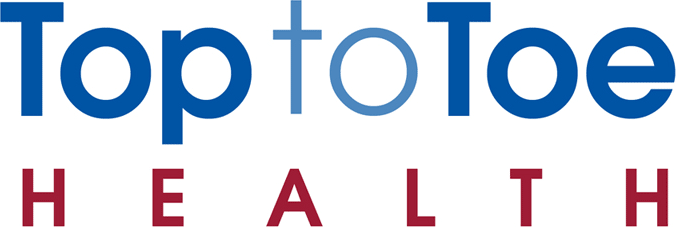10 Ways Exercise Physiology Can Help When Living With a Disability
Exercise Physiology can be immensely beneficial for individuals living with physical or mental disabilities. It plays a vital role in enhancing their overall well-being, improving their quality of life, and helping them overcome various challenges. Here are some of the key benefits of Exercise Physiology for participants with disabilities:
1. Improved Physical Function
- Increased strength and flexibility
- Tailored exercise programs can help individuals with physical disabilities build strength and flexibility, making daily activities easier
- Enhanced cardiovascular fitness
- Regular exercise can improve heart and lung function, increasing endurance and stamina
- Better balance and coordination
- Exercise can help individuals with physical disabilities improve their balance and coordination, reducing the risk of falls and injuries
2. Pain Management
- Exercise can be effective in managing chronic pain associated with physical disabilities, such as arthritis or musculoskeletal conditions
- It can promote the release of endorphins, which are natural pain relievers, helping to reduce pain perception
3. Psychological Benefits
- Reduced symptoms of depression and anxiety
- Exercise has been shown to have a positive impact on mood and mental health, alleviating symptoms of depression and anxiety
- Improved self-esteem and self-confidence
- Achieving fitness goals and feeling better physically can boost self-esteem and confidence
4. Weight Management
- Exercise can help individuals with disabilities manage their weight, which is essential for overall health
- It can assist in achieving and maintaining a healthy body composition
5. Social Interaction
- Participation in group exercise or therapy sessions provides opportunities for social interaction and a sense of community
- Building relationships and connecting with others who share similar challenges can be emotionally rewarding
6. Enhanced Independence
- Improved physical function and strength can lead to increased independence in daily tasks, reducing the need for assistance or caregiver support
- It can help individuals regain control over their lives and have a more active role in decision-making
7. Cognitive Benefits
- Exercise has been linked to improved cognitive function and can help individuals with mental disabilities enhance their cognitive abilities
- Regular physical activity may aid in concentration, memory, and problem-solving skills
8. Stress Reduction
- Exercise helps to reduce stress and promotes relaxation, leading to an improved overall sense of well-being
- Stress reduction can be particularly important for individuals with mental disabilities who may experience heightened stress levels
9. Disease Management
- Exercise can assist in managing chronic conditions often associated with physical disabilities, such as diabetes or heart disease
- It can help control symptoms and reduce the risk of complications
10. Long-Term Health
- Engaging in regular physical activity can contribute to long-term health, potentially extending life expectancy and improving the overall quality of life for individuals with disabilities
To reap these benefits, individuals with disabilities should work with qualified exercise physiologists or fitness professionals who can design personalized exercise programs that take into account their specific needs, abilities, and limitations.
By embracing Exercise Physiology as a part of their lifestyle, participants can make significant strides in their physical and mental well-being, ultimately enhancing their overall quality of life.
Can I use my NDIS funding for Exercise?
Yes! Exercise Physiology services are funded under Capacity Building Supports
- Improved health and wellbeing
- Advice provided by an Exercise Physiologist regarding exercise required 12_027_0126_3_3
- Advice provided by an Exercise Physiologist regarding exercise required 12_027_0128_3_3
- Improved daily living
- Assessment Recommendation Therapy or Training – Exercise Physiologist 15_200_0126_1_3
- Assessment Recommendation Therapy or Training – Exercise Physiologist 15_200_0128_1_3
Do you accept NDIA, Plan Managed and Self Managed Participants?
Yes! Top to Toe Health is one of only a few Registered NDIS Providers of Exercise Physiology in the City of Manningham, regardless of your funding model we can accommodate your needs
How do I get started?
Easy! If you are Self Managed feel free to call 03 9850 7720 to book an Initial Appointment. Alternatively Book below online.
If you are Plan Managed or NDIA Managed, speak to your plan manager to first request Exercise Physiology services at Top to Toe Health.




 Kobe Creations
Kobe Creations